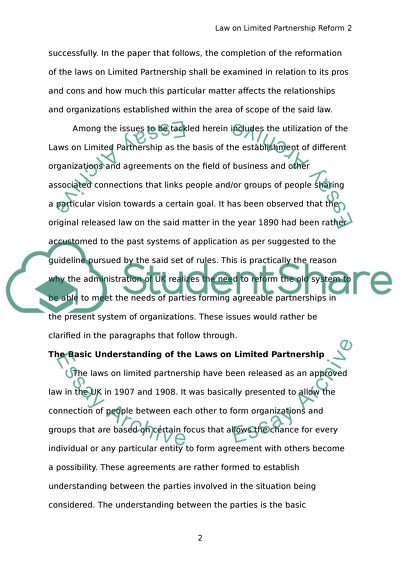Cite this document
(“Business organization (law) Essay Example | Topics and Well Written Essays - 4250 words”, n.d.)
Business organization (law) Essay Example | Topics and Well Written Essays - 4250 words. Retrieved from https://studentshare.org/law/1517197-business-organization-law
Business organization (law) Essay Example | Topics and Well Written Essays - 4250 words. Retrieved from https://studentshare.org/law/1517197-business-organization-law
(Business Organization (law) Essay Example | Topics and Well Written Essays - 4250 Words)
Business Organization (law) Essay Example | Topics and Well Written Essays - 4250 Words. https://studentshare.org/law/1517197-business-organization-law.
Business Organization (law) Essay Example | Topics and Well Written Essays - 4250 Words. https://studentshare.org/law/1517197-business-organization-law.
“Business Organization (law) Essay Example | Topics and Well Written Essays - 4250 Words”, n.d. https://studentshare.org/law/1517197-business-organization-law.


